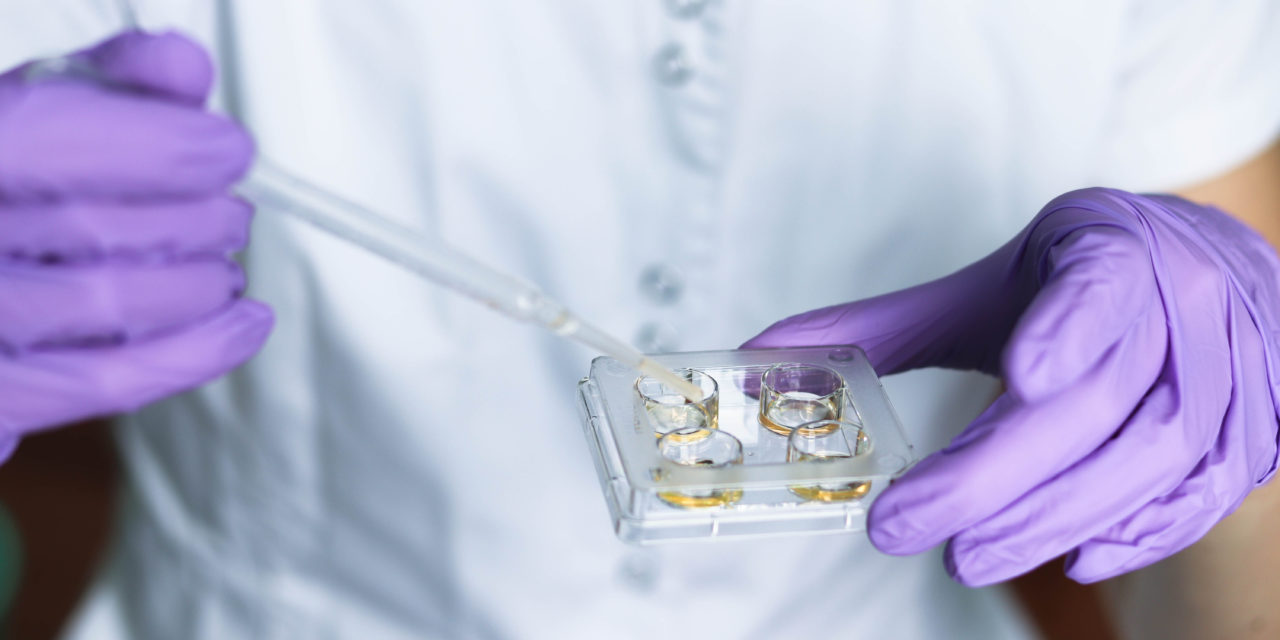Despite the efforts of the previous administration, unethical experiments on preborn babies are continuing, with the International Society for Stem Cell Research (ISSCR) abandoning its 14-day rule regarding embryo research. This will now allow scientists to grow and develop preborn baby embryos in a lab for longer periods of time.
According to Robin Lovell-Badge, one of those on the ISSCR taskforce that came up with this policy, explained the change on Nature.
He wrote, “Over the past five years, researchers have kept human embryos alive in culture longer than once thought possible and cultured stem cells into structures that model embryos and organs with unprecedented sophistication.
“Perhaps most striking is the creation of animal–human chimaeras by injecting cells from one species into an early-stage embryo from another species. This might enable, for example, a pig to produce a human heart. Other techniques include making eggs and sperm from stem cells, editing genomes and replacing organelles. These approaches could one day help to treat or avoid human disease, and are already improving biological understanding.”
This doesn’t sound enlightening—it sounds incredibly disturbing.
And now, scientists can push the boundaries of medicine, research and ethics even further. Instead of being generally limited to growing and experimenting on embryos for only 14-days before having to destroy them, researchers can continue to do so until at least 28 days or local laws permit (the U.K. and Australia also have 14-day rules in place).
To try an alleviate the public’s fears and make it sound permissible, scientists have tried to portray it as a way to determine what causes “miscarriages and congenital abnormalities.” This makes these changes seem helpful to the public, and not potentially dangerous and a way for scientists to grow “babies in a bottle” where an embryo is being developed in a lab solely for human experimentation.
In a press release, the vice president and research director for the pro-life Charlotte Lozier Institute wrote, “What has our world come to when the scientific ‘experts’ are encouraging growing living human beings in lab dishes? Human beings should not be treated as research fodder to be created, manipulated, and discarded at will, no matter their stage of development. Canceling the already unethical and arbitrary ‘14-day rule’ degrades science and opens the door to horrific ‘baby in a bottle’ experiments with no limits, on tiny babies with fully functioning hearts, as well as developing brains, eyes, and ears.
“These experiments are not just unethical, they are needless and fly in the face of scientific advancements. If they were stopped today, no patient would be deprived of life-saving treatment – but importantly, it would break the cycle of exploitation and save lives by disincentivizing further destruction of innocent young humans. Experimenting on living human beings is not justified, no matter how much supposed review, regulation or oversight is sanctioned. A zero-day rule should have been the guidance put out today to ensure respect for all human lives and to preserve scientific integrity.”
Scientists may portray these experiments as potentially useful and a way to address medical issues like a miscarriage, something that devastates women and couples every day all over the world. But is growing an embryo for medical experimentation and destruction the way to go? No, it isn’t.
Medical research and advancement should never come at the cost of human lives, preborn or born.






